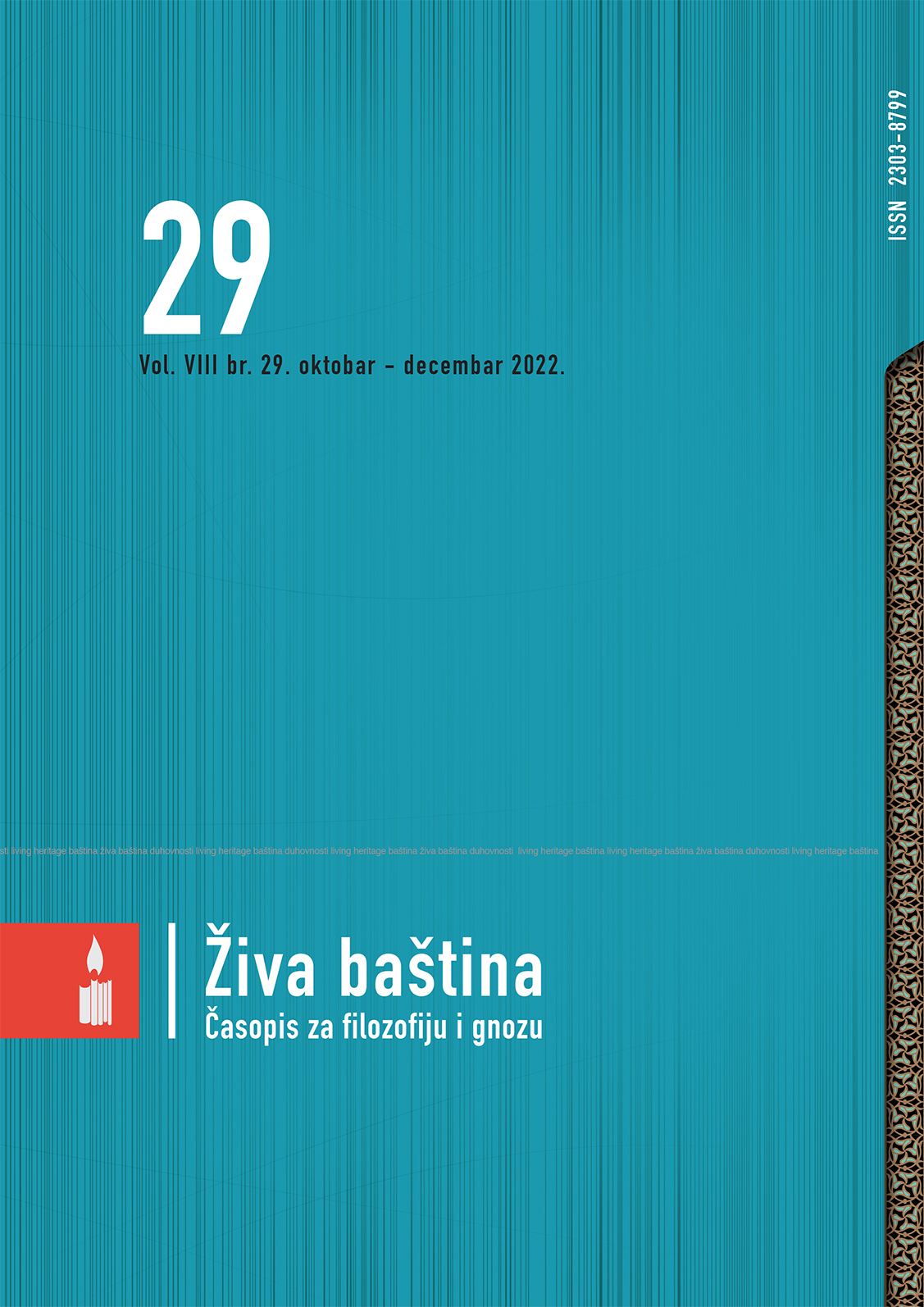Jednostavnost samospoznaje kod Avicene
The Simplicity Of Self-Knowledge After Avicenna
Author(s): Peter AdamsonContributor(s): Amina Čorak (Translator)
Subject(s): Philosophy, Epistemology, Middle-East Philosophy
Published by: Fondacija “Baština duhovnosti”
Summary/Abstract: Alongside his much-discussed theory that humans are permanently, if only tacitly, self-aware, Avicenna proposed that in actively conscious self-knowers the subject and object of thought are identical. He applies to both humans and God the slogan that the self-knower is “intellect, intellecting, and object of intellection (‘aql, ‘aqil, ma‘qul)”. This paper examines reactions to this idea in the Islamic East from the 12th-13th centuries. A wide range of philosophers such as Abu al-Barakat al-Baghdadi, Fahr al-Din al-Razi, al-Shahrastani, Sharaf al-Din al-Mas’udi, al-Abhari, al-Amidi, and Nasir al-Din al-Tusi raised and countered objections to Avicenna’s position. One central problem was that on widely accepted definitions of knowledge – according to which knowledge is representational or consists in a relation – it seems impossible for the subject and object of knowledge to be the same. Responses to this difficulty included the idea that a self-knower is “present” to itself, or that here subject and object are different only in “aspect ( i‘tibar)”.
Journal: Živa baština: časopis za filozofiju i gnozu
- Issue Year: VIII/2023
- Issue No: 29
- Page Range: 6-20
- Page Count: 15
- Language: Bosnian

